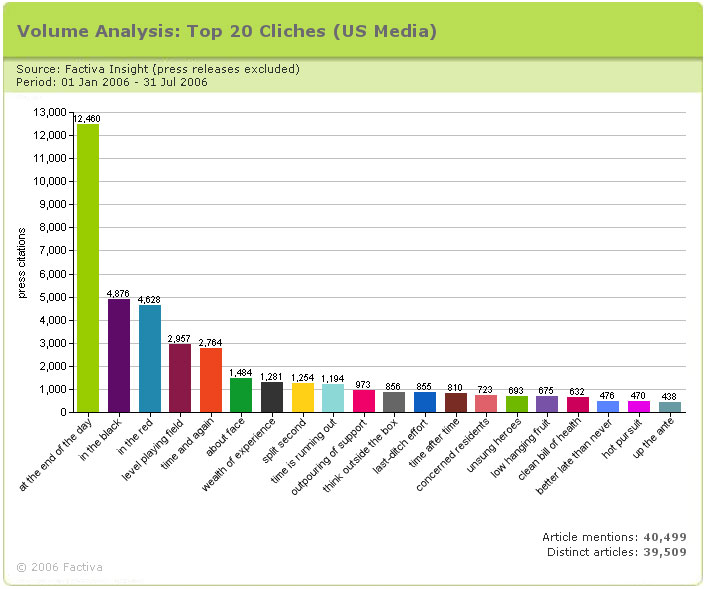clichés are cliché
You shouldn’t go camping or canoeing on Memorial Day. It’s cliché. So I always go camping or canoeing. Mostly to see the inept, the drunk, the sun-charred, the unclothed, the loud, the wet: Example, White River below:
Jerome Stern said single words can be cliché. Azure or don. He claimed to have never heard these words actually spoken aloud. He also goes after blurt.
I wonder if clichéd phrases change over time, their meaning. Easy as cake. Was it once simpler to bake a cake? I recently made a pie so horrid my own dog refused to take one bite. And I lived in Memphis, TN for years, so never understood something as easy as “a walk in the park.” Walks in the park could be fatal in Memphis.
Stern also says that readers of mainstream/popular fiction don’t mind clichés so much, and that romance writers actually use them as code, as comfortable and familiar and expected (by the reader). This comes across as a bit elitist. But:
Here is a handy cliche finder.
I think in literary fiction, maybe situations are more cliché than words or phrases. The young man goes to the party. The apartment argument. The trip to a foreign land? The country mouse/city mouse disconnect story. Academia. Others?
The first man to compare the cheeks of a young woman to a rose was obviously a poet; the first to repeat it was possibly an idiot. Salvador Dali
A bit harsh, me thinks. Clichés are passed along because they are often apt. Their very survival might point to their effectiveness as metaphor, or as mnemonic device. Is it always laziness? I suppose the challenge is to first recognize the thing, then decide to use it, or make it new.
(“make it new” possibly cliché)
Your Own. Personal. Cliché.
[Elisa Gabbert is back, to holler about review language, usage, and etc! — BB]

On the Guardian’s Books Blog, Peter Robins asks commenters to confess their “personal clichés“: “Everyone has words and phrases they just can’t stop using … Not all clichés are universal.” One “TobyL” says he overuses “quietly tumultuous.” I’m simultaneously grossed out and impressed by anyone who’d admit that.
The personal cliché is evidently closely related to the concept of moves but I emphatically do not think moves are equivalent to clichés. A move may be used only once or be endlessly variable without becoming tired. Clichés, obvs, are used over and over until they lose all interest and power. A move can become a cliché or a tic, which is why it’s good to be aware of your own moves, lest they become your personal clichés. (Just as talking about moves and clichés has become my personal blogging cliché.) (Also please note that the title of this post is a total cliché in posts referring to the Guardian piece; it also appears in the original piece itself. Clichépalooza.)
Relatedly: I keep seeing links to this list of book review “clichés” but they’re mostly single words (“gripping,” “nuanced”). Aren’t these just overused words? I think I need more context to allow the use of cliché, e.g. calling a thriller “gripping” in a review is cliché. The word “gripping” is not a cliché in and of itself. (I am probably focusing too much on the etymology of the word, yes.)
I did a word cloud of my manuscript once and the most frequently used “word” was “blogpoem.” I don’t think that counts. On the other hand, there may be some words for which two usages is too many. The word “supersaturated” appears twice in The French Exit. Can I even use that once, really? I’ve got a handful of deaths. My go-to image for a while was clouds. Fucking loved clouds. But I’m not sure “cloud” is the kind of word you can overuse (I mean, within reason) and I’m not sure they’re a poetry cliché (yet) (as commenters on my last post said of the moon) and I’m not sure they’re even a personal cliché because I’ve been done with clouds for a while. Clouds, meet shitlist. And everybody’s got a body part they overuse and abuse, right? I just control-F’ed a whole lot of eyes.
What are your personal clichés and overused words? Think you don’t have any? Go read your book again and find out.

